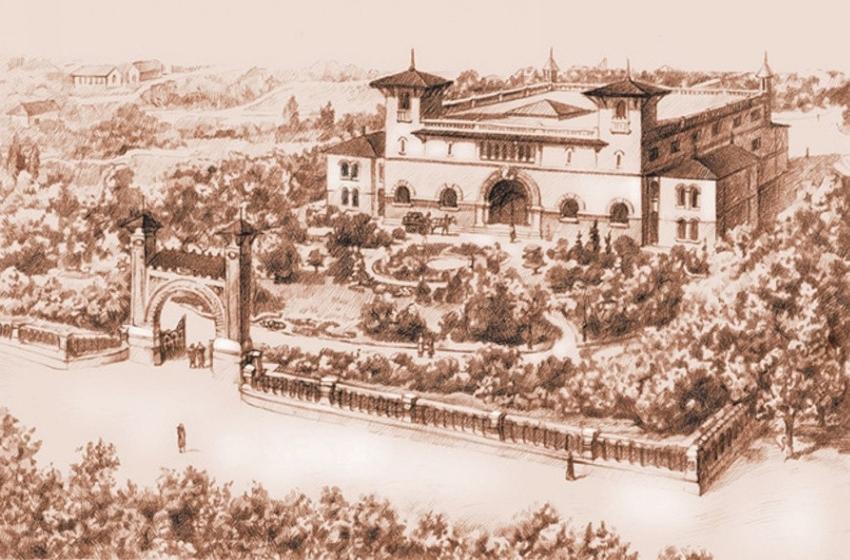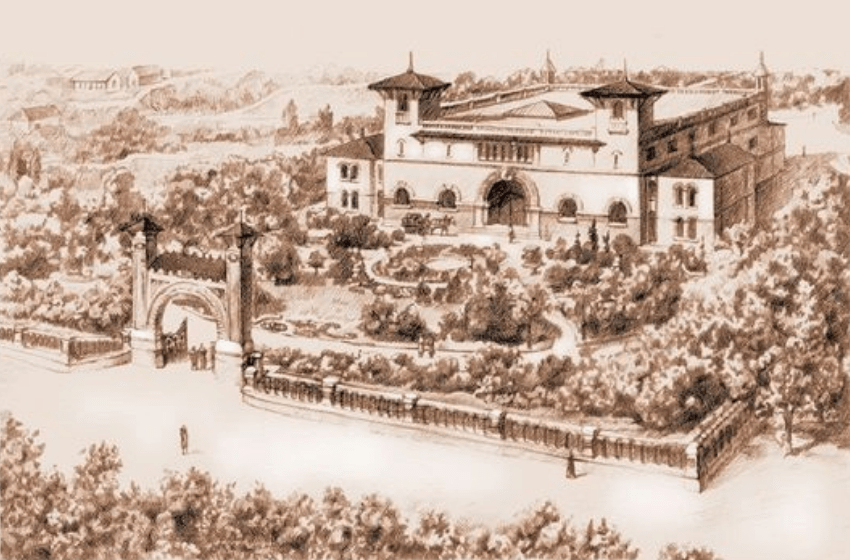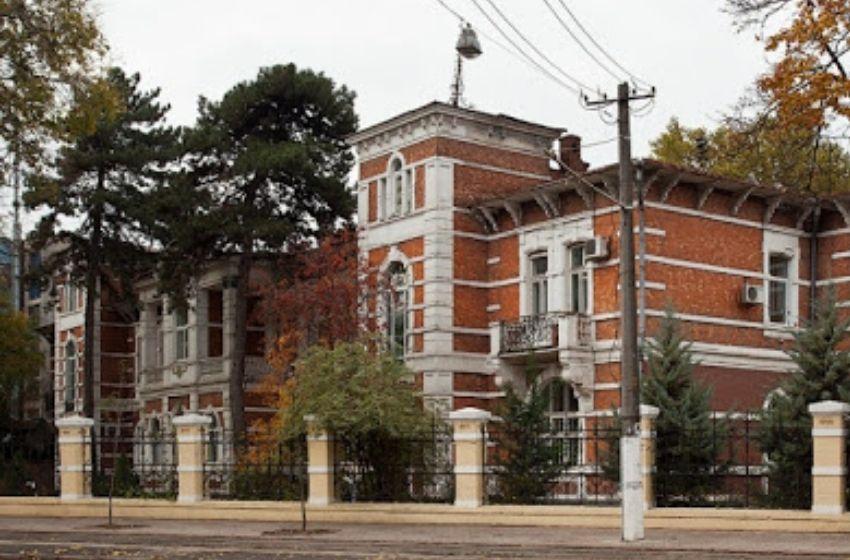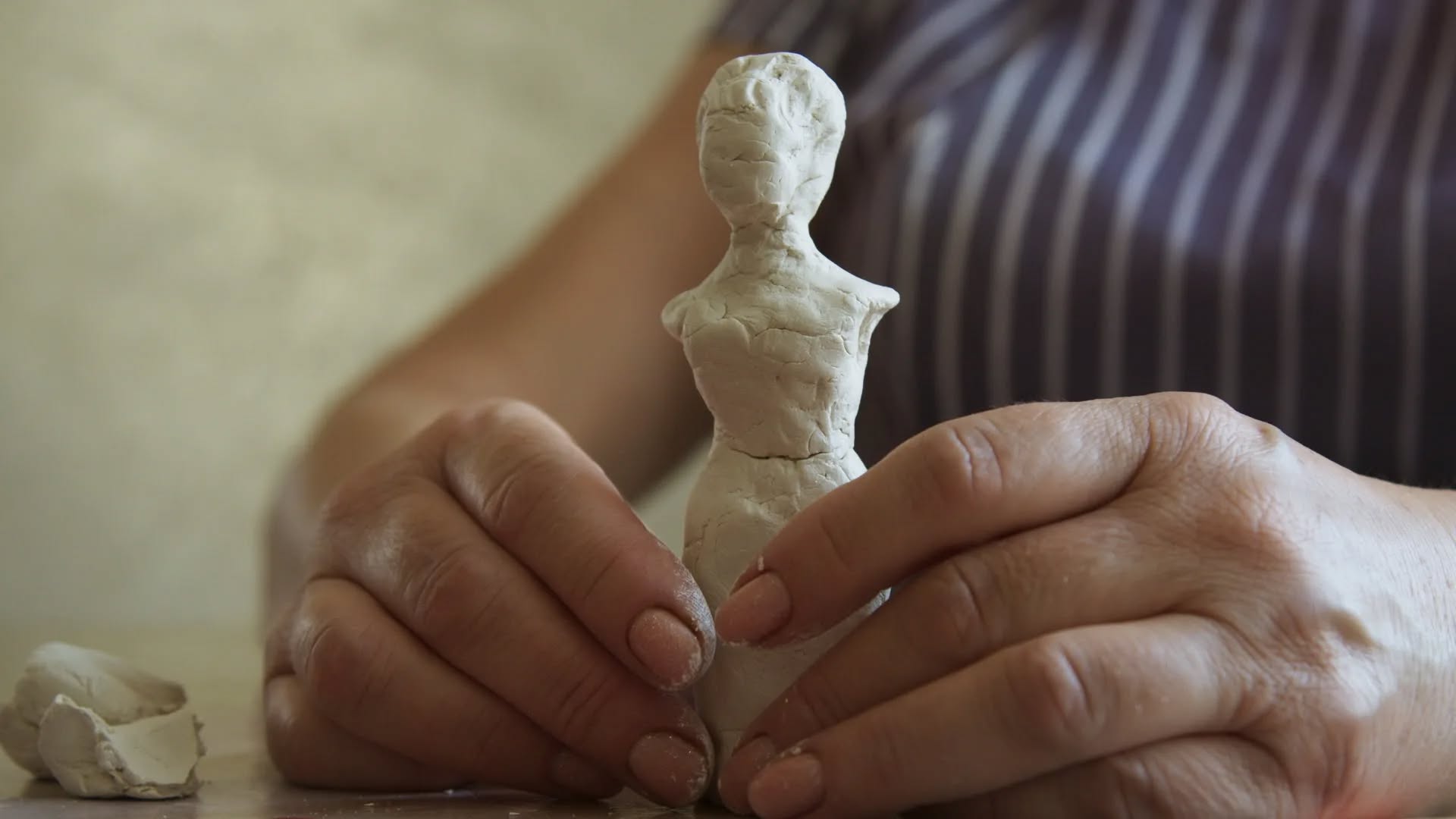According to the most common legend that sounds in our city, Heinrich Roederer himself, whose name the production then bore, to put it mildly, did not like champagne very much. But Odessa in those days was a rapidly developing city, a huge number of people came here. Odessans organised receptions and balls, the symbol of which was champagne. Not much has changed since then.
Champagne was constantly lacking, especially for young ladies. So it was decided, as a gift to women, to open a similar enterprise in Odessa. It is very symbolic that the creation of the enterprise was officially approved on March 8. The first chapter of the "South Russian Society of Winemaking Heinrich Roederer in Odessa" was formally approved by Emperor Nicholas II of Russia on March 8, 1896.
Heinrich Roederer set out to create his own "Champagne" in Odessa - with the taste of France and he succeeded.

As you may know, French Boulevard is an area where wealthy people of Odessa society once built summer cottages. True, sometimes they had very peculiar ideas about dachas: there was a brick factory nearby, a little further - a winery with the same name "French Boulevard", they say that Anatra first assembled his aircraft here, and Wilhelm Sanzenbacher prepared the best beer in the empire at his factory, and also here was located an anonymous society of owners of tram cars.
The Heinrich Roederer Wine Society of the South Russian Wine Society was built in just one and a half years from 1898 to 1899. The project was designed by French architect Charles Boysch, Arthur Lewicks oversaw the work, and architects Wey and Schenker were responsible for the work.
The plant was built on the model of foreign companies, with all the equipment needed for the production of champagne, as well as with spacious cellars, which consisted of two floors. The industrial complex, in addition to the cellars for long-term storage of two million bottles, includes the main building, which produces wine, as well as its own power plant. The entrance to the plant is decorated with a magnificent brick arch.
The factory was separated from the street by a fence in the same style of the Lombard Renaissance, and the letters "F" and "R", meaning France and the Russian Empire, were placed on the gates of the gate. In general, the plant has a bright look, which is more in line with the best country than industrial construction.



Initially, primarily French people worked here, French equipment and French wine materials were used. Even the wire from which the muesli was made (cork bridle) was supplied from France. The high quality of the wines of the Odessa plant was awarded in 1904 the medal of the World's Fair in Paris, and in 1910 - the Grand Silver Medal of the Imperial Society of Agriculture of Russia.
On the territory of the plant grows its oak peer, and the main building is 9 meters underground. The cellar used to be used for storing wooden barrels and bottles, but progress has taken its toll, modern thermoregulation shops have appeared, and dungeons have ceased to be used for their intended purpose. During the war, it served as a bomb shelter and a workshop for repairing aircraft of a separate 69th Air Regiment, and is now flooded.
The sculpture of the goddess of wine and fertility Demeter, towering over the main entrance to the factory building, also has its own history. The statue allegedly has a portrait resemblance to the wife of Heinrich Rederer, whose photographs were found in the archives. Some employees respectfully call the goddess the “white ladyâ€, and the statue has become a kind of talisman of the plant. To appease the lady, she is regularly given "cosmetic procedures" - they are skinned and painted.

With each decade the plant`s products received more awards, medals and consumer's love. Before the First World War, the company had 35 workers and employees.
In 1917 Lenin came to power. On February 6, 1918, the Odessa City Council received a statement that the factory at 32 French Boulevard, with all services and offices, was completely destroyed. The people rushed to stocks and cellars. Officially, since 1918, the plant was nationalized and then completely closed.
The revival of the enterprise for the production of champagne and sparkling wines began in 1948.


According to another legend, in 1945 Stalin personally instructed the Soviet people to drink only champagne on Victory Day. No one knows for sure whether such an order was given, but the holiday was really celebrated with "Soviet Champagne".
On April 1, 1950, the plant was finally launched, and on March 8, 1952, the first bottles of Soviet Champagne rolled off its assembly line. The factory did not stop its activities, being one of the leaders in the world of sparkling wines.





















